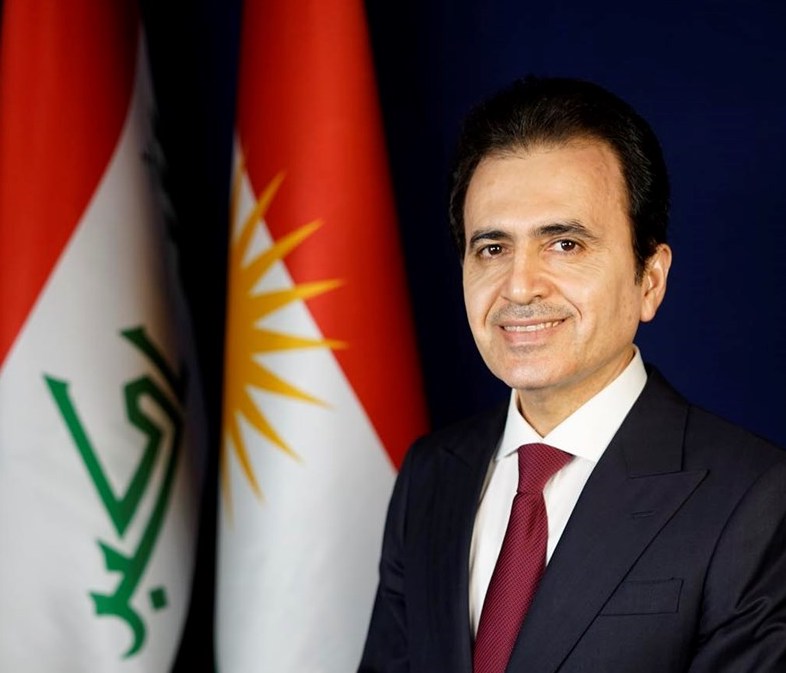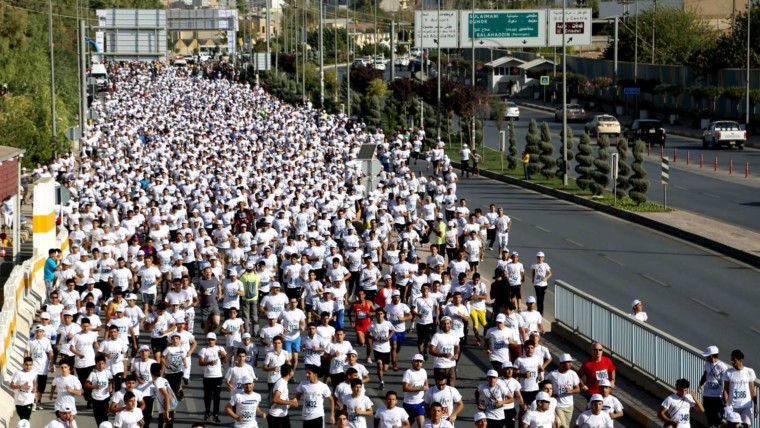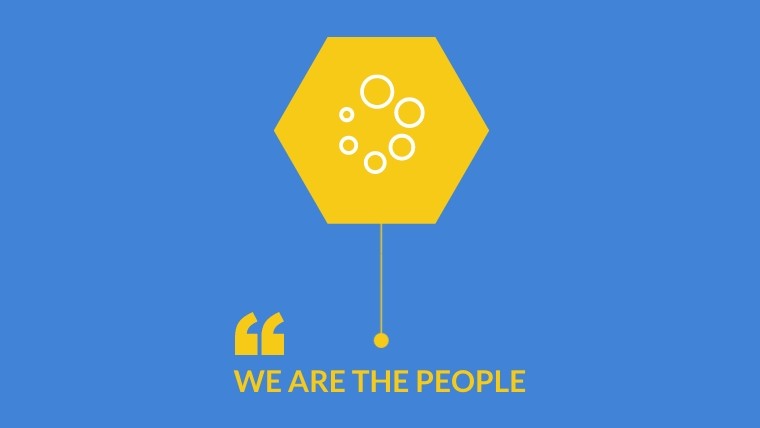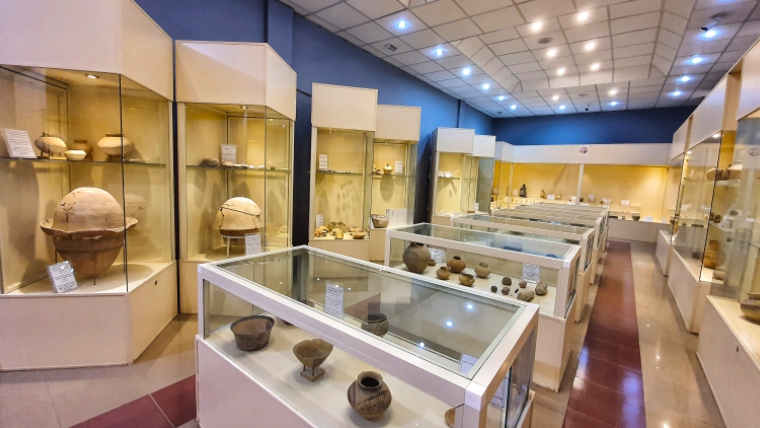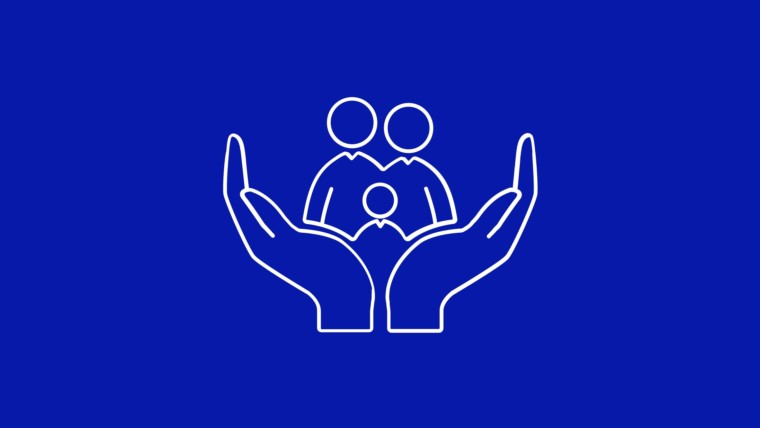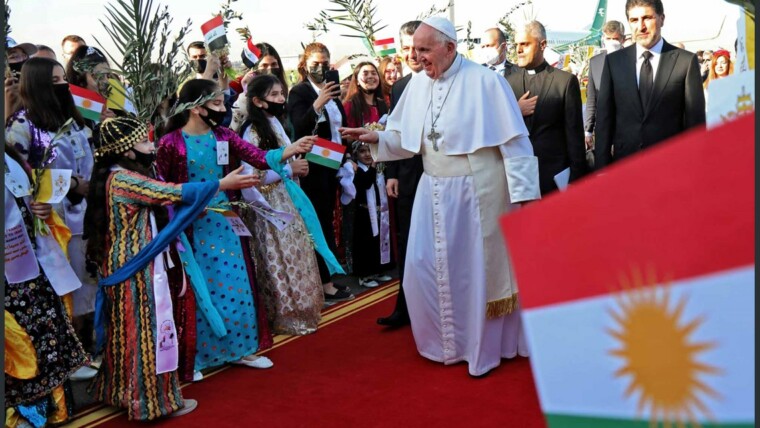KRG Minister of Endowment and Religious Affairs Pishtiwan Sadiq on the Ministry’s vision for the future and on the KRG’s policy for promoting peaceful coexistence between followers of different religions.
On the Ministry of Endowment and Religious Affairs’ vision for the future
The Kurdistan Region of Iraq (KRI) is home to considerable religious and ethnic diversity. Kurdistan has provided a comparatively safe haven for minorities fleeing violence in the rest of the region. There are seven major religious components in the KRI; Muslims, Christians, Yezidi, Jews, Sabie Mandani, Zoroastrians and Bahais. We are proud that all religious groups live together peacefully and enjoy relatively robust religious freedoms in the KRI.
The Ministry of Endowment and Religious Affairs held a conference in 2016, bringing together five-hundred clerics. The conference produced sixteen recommendations which went on to form the basis for the Ministry’s policy program. We, as the Ministry, are an executive party tasked with implementing all these recommendations which were developed to ensure peaceful coexistence. Within this, we have carried out reforms of the KRI’s religious schools that have respected religious groups’ rights.
Our vision is to introduce protective laws, strengthen institutions, appoint religious representatives, and deepen intra-religious dialogue in order to promote and protect the rights and freedom of religious minorities and to maintain the current peaceful co-existence in Kurdistan.
We are proud that all religious groups live together peacefully and enjoy relatively robust religious freedoms in the Kurdistan Region of Iraq.
KRG Minister of Endowment and Religious Affairs Pishtiwan Sadiq
On ensuring the rights and freedoms of different religious groups are safeguarded
The KRG’s policy agenda supports minority rights and religious freedom in the Region. There are clear articles in Kurdistan’s draft constitution and passages in laws written by the Kurdistan Parliament that explicitly promote and defend freedom of religion, and other minority rights. To encourage diversity, 11 seats in the Kurdistan Parliament are automatically assigned to parties representing minority groups in the KRI. Five seats are allocated to Turkoman representatives, five to Chaldean, Assyrian, and Syriac representatives, and one to the Armenian community.
In 2015, the Kurdistan Parliament passed “The Minority Rights Law”, which lays out a series of rights, including the freedoms of thought, religion, speech, and culture. The law, which unequivocally grants rights and religious freedoms to all, mandates the KRG to guarantee equality for all component groups of the region, while requiring that religious discrimination be punished.
The Ministry hosts two Directorates for Minority Affairs, one for Christians, and the other for Yezidis. The Ministry also is home to the seven religious representatives, including individuals who represent the Muslim, Christian, Yezidi, Kaka’i, Alevi, Baha’i, and Jewish faiths. These representatives meet monthly at a specially created directorate for religious co-existence.
Our vision is to introduce protective laws, strengthen institutions, appoint religious representatives, and deepen intra-religious dialogue in order to promote and protect the rights and freedom of religious minorities and to maintain the current peaceful co-existence in Kurdistan.
KRG Minister of Endowment and Religious Affairs Pishtiwan Sadiq
The number of religious sites & worship places for Christians and Yezidis in the KRI
The KRI is home to the majority of Iraq’s Christian populations (largely of Assyrian, Chaldean, and Syriac ethnicities), and the majority of Iraq’s Yezidi community. There are currently 126 churches in the KRI. The KRI’s Christian community has a population of around 550,600. There are 40 Christian sacred places in the KRI. There around 600,000 Yezidis. There are 193 Yezidi shrines in Iraq, most of which are located in Duhok as well as some of the districts and sub-districts of Mosul and the plains of Nineveh.

